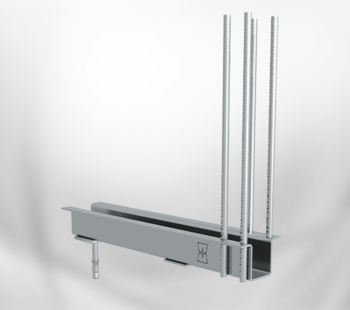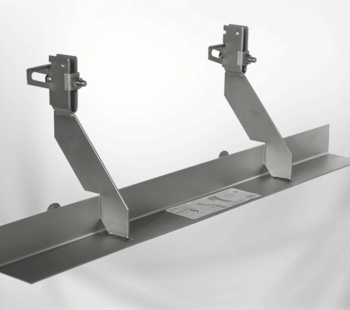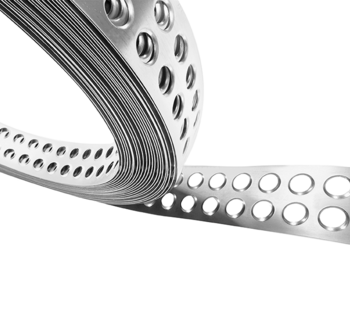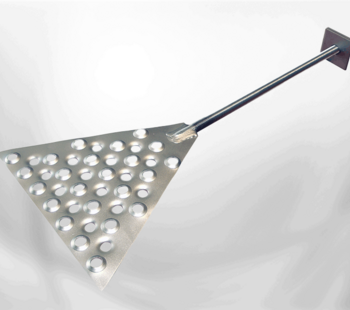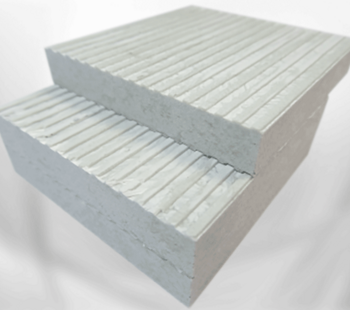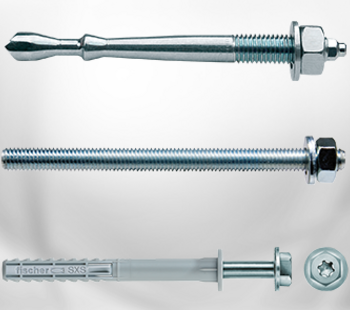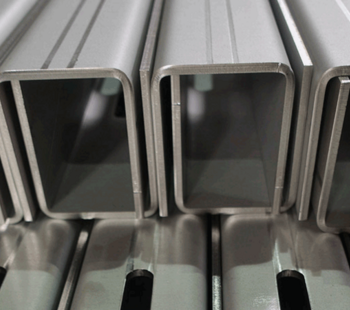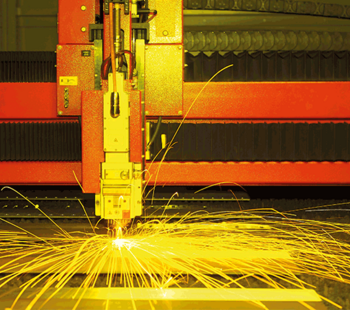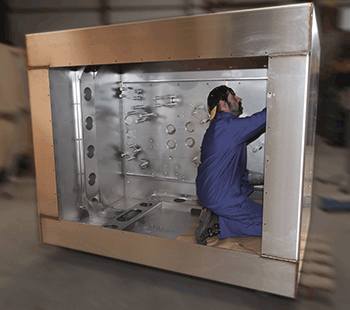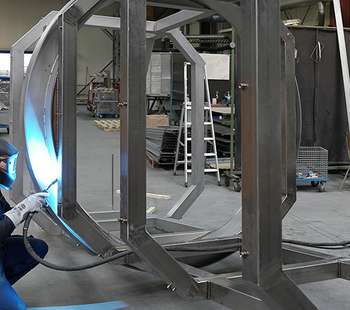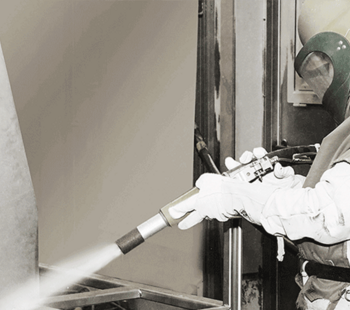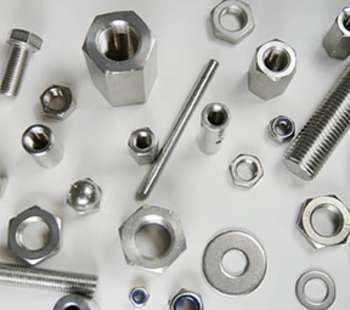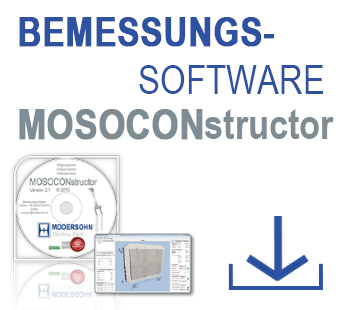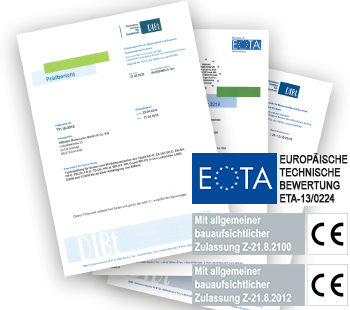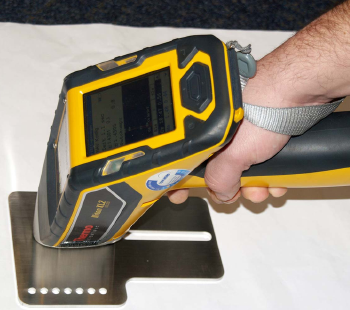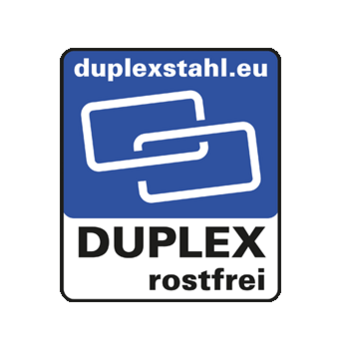Facade anchor is a collective term for all facade fixings or facade fixing systems. More and more often these support and retaining anchor systems are made of stainless steel. In addition to the corrosion resistance, especially in case of permanent moisture in mineral building materials, which then have a corrosive effect e.g. on galvanised surfaces, the relatively low thermal conductivity λ = 15 (lambda value, W/[m*K]) is particularly interesting as a facade building material. For comparison, aluminium is used as an alloy with λ = 150 and normal steel (galvanised) with λ = 45. Particularly when it comes to heavy-duty fixings in the façade, it is important to reduce the cross-section of the fixing construction once again using high-strength Lean Duplex stainless steels in order to minimise heat transfer. The Modersohn company, in cooperation with the Fraunhofer Institute for Building Physics in Stuttgart, has examined numerous example facades and found that a facade anchor with a reduced cross-section and a well-designed facade anchor made of high-strength Lean Duplex stainless steel 1.4062, 1.4162, 1.4362 or 1.4482 still provides the greatest insulating effect. A currently possible thermal separation with the help of a plastic, which is possibly still porous, is far from being successful even with separation thicknesses of more than 10 mm!
With a thermal separation system, the MOSOTHERM system, an epoxy resin filled with hollow glass spheres, Modersohn has not achieved any significant reduction in heat transmission for insulation thicknesses of over 30 mm in relation to the problems of fixing and the additional costs. Apart from the fact that many of the offered (more or less) pressure transmitting foamed plastics are often very questionable in terms of durability and creep behaviour at higher temperatures, and will certainly not receive the required building authority approval.
